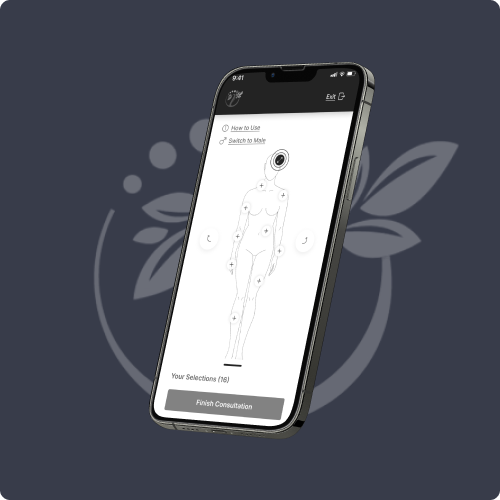
Vitamins D3 and K2 play important roles in keeping you healthy — and as it turns out, the combination of these two micronutrients offers incredibly potent benefits. Here’s what to know about these vitamins and their roles in your wellness.
Nutrient deficiencies are surprisingly common in the United States, not necessarily because it’s hard to get food, but because so few people follow a healthy eating plan regularly.
Instead, many Americans eat diets high in unhealthy fats, sugars, and artificial ingredients, filling up on processed foods and empty calories that leave them low on important nutrients to help prevent diseases.
At the Institute for Hormonal Balance, our team helps patients manage their micronutrient levels with vitamin injections tailored to their needs. Learn about the important benefits of vitamins D3 and K2 and how they work together to promote good health and wellness here.
Vitamin D3
Often referred to as the sunshine vitamin, vitamin D does, indeed, come from sunlight exposure. It’s also found in fatty fish, eggs, and fortified foods, like cereals, dairy products, and even some juices.
There are two types of vitamin D: D2 and D3. D3 is the form most commonly found in dietary supplements and multivitamins.
Vitamin D helps your body absorb calcium and plays a major role in keeping your bones healthy and preventing osteoporosis later in life. It’s also a key player in your immune system, helping defend against invading germs that can cause infections and disease. Proper levels of vitamin D support nerve and muscle function, as well.
Data show more than 94% of Americans don’t get the recommended amount of vitamin D daily.
Vitamin K2
Vitamin K2 is a form of vitamin K commonly found in dietary supplements. Vitamin K helps your blood clot after an injury. It’s found in many foods, including meat, cheese, soybeans, eggs, leafy greens, fermented foods, vegetable oils, and some fruits.
This vitamin also plays a role in maintaining cardiovascular health, supporting normal heart function, and preventing arterial calcium deposits that can lead to arteriosclerosis.
Research shows that that only about a third of Americans get the recommended daily amount of vitamin K in their daily diet.
D3 and K2: Working together
Both vitamin D3 and vitamin K2 perform important functions on their own, but they also work well together. That’s primarily due to the effects they both have on calcium.
As noted earlier, vitamin D3 helps your body absorb calcium through your small intestine. But once absorbed, it still needs to get where it’s needed. That’s where vitamin K2 can help.
Vitamin K2 supports optimal calcium metabolism, making calcium more available to your bones, heart, and other parts of your body. In addition to potentially preventing calcium buildup in your arteries, vitamin K2 works side-by-side with special proteins to help maintain bone health and density.
Both vitamin D and vitamin K are important for cognitive function essentially may help manage the body’s inflammatory response, a key factor in many chronic diseases.
Optimizing your vitamin intake
Oral supplements can help some people increase their levels of micronutrients, but they have a couple of serious shortcomings. First, oral supplements must travel through the digestive system, where they’re broken down and diluted. That means you’re probably not getting the dose you think you are.
Plus, your body needs to absorb the minerals to get them into your bloodstream. If you have an issue that interferes with absorption, the amount of vitamins you actually receive can be lower still.
Vitamin injections are a great way to get a precise, measured dose of vitamins delivered directly to your bloodstream so they reach your tissues and organs undiluted for maximum benefits. Plus, delivery via injection also eliminates stomach upset, another potential side effect of oral supplements.
Prioritize your nutrition
Good nutrition helps your body function as it’s supposed to while preventing illnesses and chronic diseases. To learn how vitamin injections can help you get the recommended amounts of key micronutrients, request an appointment online or over the phone with the team at the Institute for Hormonal Balance in Arlington and Prosper, Texas, today.

